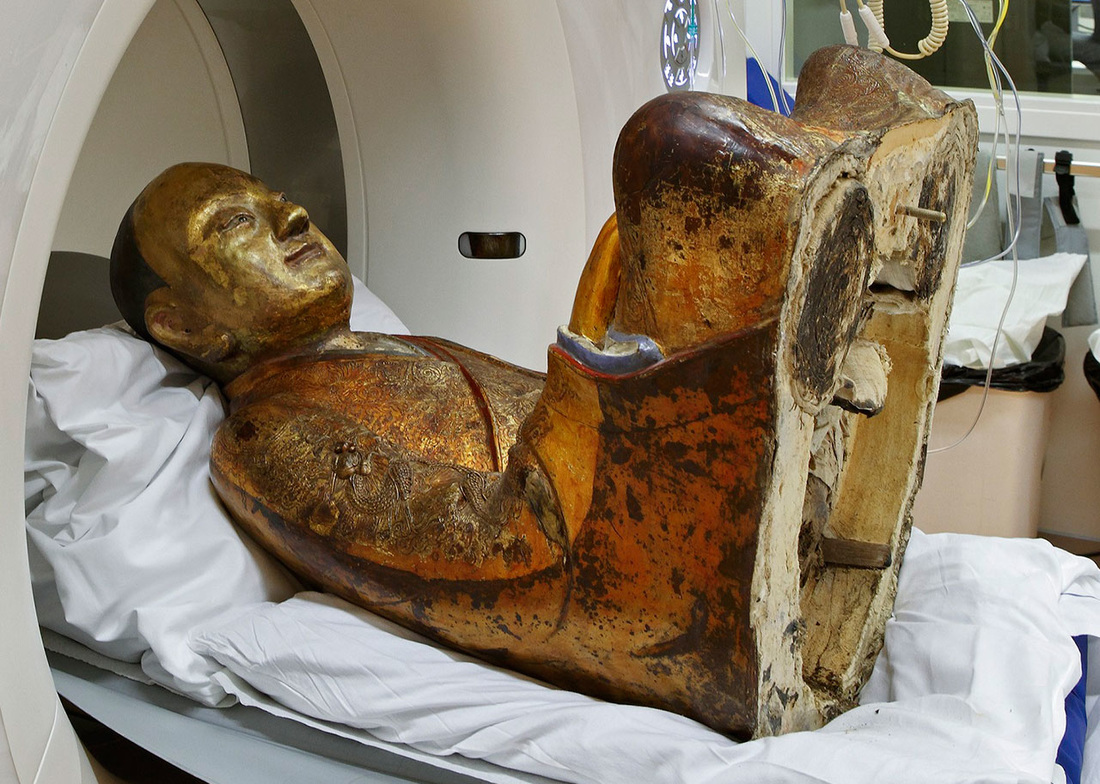
I was recently introduced to this idea of: Second Generation Mindfulness-Based Stress Reduction Interventions, I'm not sure if it quite does what is outlined in this quote from Shonin and Van Gordon but its a great start to remediating the issues related to stripping Buddhism out of some of the foundational practices in MBSR.
Shonin, E., & Van Gordon, W. (2015). Managers' experiences of meditation awareness training. Mindfulness, 6, 899-909.
“Due to the suggestion that some individuals may prefer to be trained in a version of mindfulness that more closely resembles a traditional Buddhist approach, recent years have witnessed the development and early stage evaluation of several Second Generation Mindfulness-Based Interventions (SG-MBIs; Singh et al. 2014). Although SG-MBIs still follow a secular format that is suitable for delivery within Western applied settings, they are overtly spiritual in aspect and teach mindfulness within a practice infrastructure that integrates what would traditionally be deemed as prerequisites for effective spiritual and meditative development. At the most basic (but by no means the least profound) level, such prerequisites include each element of the Noble Eightfold Path. The Noble Eightfold Path comprises each of the three quintessential Buddhist teaching and practice principles of (1) wisdom (i.e. right view, right intention), (2) ethical conduct (i.e. right speech, right action, right livelihood) and (3) meditation (i.e. right effort, right mindfulness, right concentration). Each of these three fundamental elements (Sanskrit: trishiksha—the three trainings) must be present in any path of practice that claims to expound or be grounded in authentic Buddhadharma, and they apply to (and form the basis of) the Fundamental or Theravada vehicle just as much as they do the Mahayana and Vajrayana Buddhist vehicles. Thus, for mindfulness practice to be effective, it must be taught as part of a rounded spiritual path, and it must be taught by a spiritual guide that can transmit the teachings in an authentic manner (Shonin et al. 2014; Shonin and Van Gordon 2014)." (Shonin and Van Gordon, 2015, p. 900 )
References:
Singh, N. N., Lancioni, G. E.,Winton, A. S.W., Karazsia, B. T.,& Singh, J. (2014a).
Mindfulness-based positive behavior support (MBPBS) for mothers of adolescents with
autism spectrum disorders: Effects on adolescents’ behavior and parental stress. Mindfulness. doi:10.1007/s12671-014-0321-3.
Shonin, E., Van Gordon, W., & Griffiths, M. D. (2014a). The emerging role of Buddhism in
clinical psychology: Towards effective integration. Psychology of Religion and Spirituality, 6, 123–137.
Shonin, E., & Van Gordon, W. (2014a). The lineage of mindfulness. Mindfulness.
doi:10.1007/s12671-014-0327-x.

